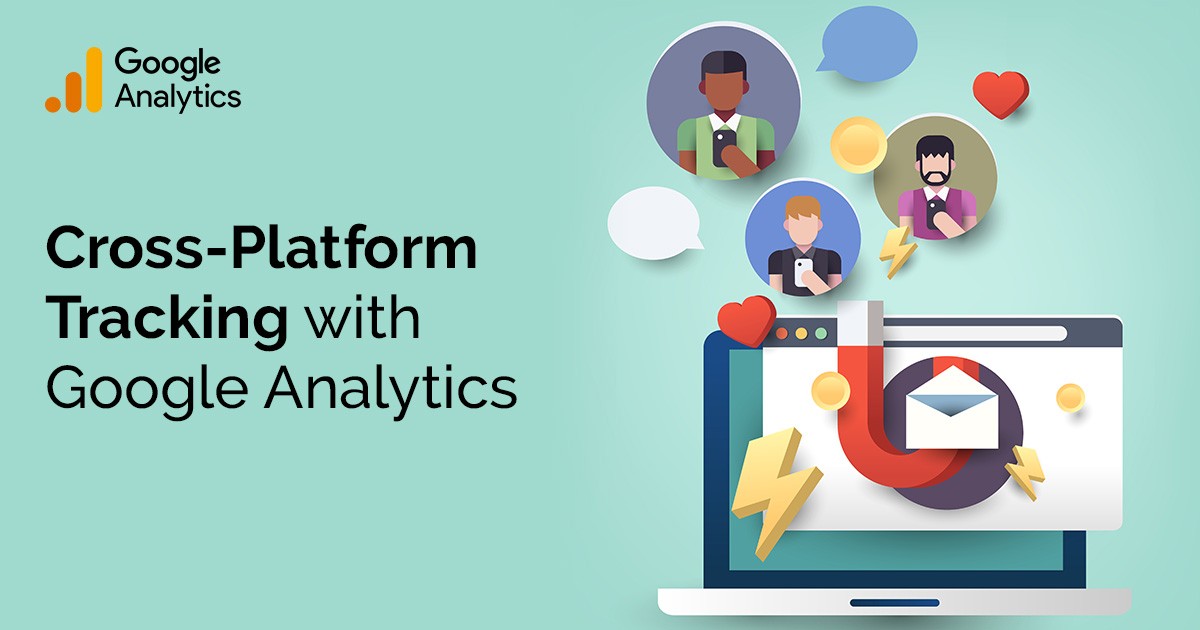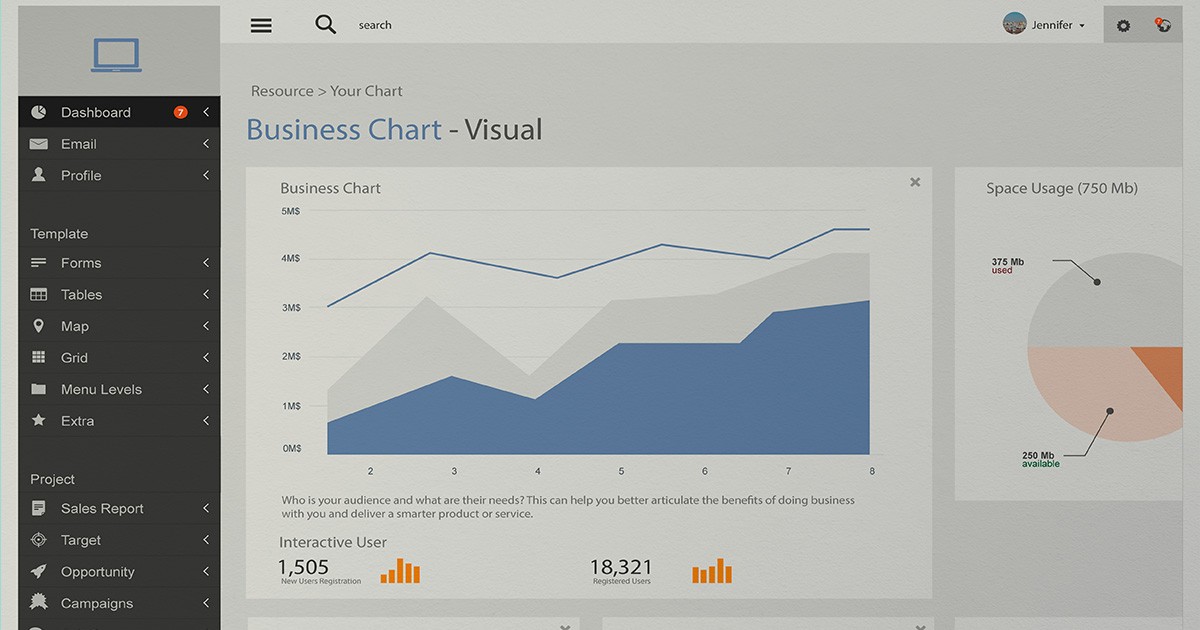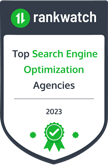
Google Analytics has become ubiquitous in the world of online marketing, providing invaluable insights into website and user data. With its cutting-edge technology, businesses can easily track their online performance, understand user behaviour, and optimise website performance.
Through the use of Google Analytics, businesses can track everything from simple activities such as page views and bounce rates to more complex metrics such as goal completions and conversions. This allows businesses to gain a deeper understanding of their online audience and develop effective marketing strategies that drive business growth.
As we move towards the second half of 2023, it's clear that Google Analytics will continue to be a game-changer for businesses. With new features and updates, businesses will have even more powerful insights at their fingertips that they can use to make data-driven decisions.
This evolution of the Google Analytics services is incredibly exciting and promises to take the industry to new heights.
That’s why today, we’ll explore what we can expect from Google Analytics in the years to come and how it will continue to shape the digital landscape.
Enhanced Machine Learning Capabilities
Machine learning algorithms are transforming the way businesses approach search engine optimization (SEO) and digital marketing by providing more accurate predictions and recommendations based on user data. By analysing patterns on a website and crunching huge amounts of data, machine learning algorithms can identify what works and what doesn't in terms of customer engagement, conversion rates, and overall customer experience.
For businesses in Melbourne looking to optimise their SEO and improve their overall digital marketing strategy, machine learning analytics is a must-have tool. With this approach, businesses can save time, reduce cost, and achieve better business outcomes. For example, machine learning algorithms can help businesses identify what content on their website is resonating with their audience as well as what type of content is attracting more visitors. This can assist businesses to focus more on the type of content that works and modify or eliminate that which is not yielding desired results.
Moreover, businesses can use machine learning analytics to discover new trends and patterns that they may have overlooked. For instance, these insights can help businesses unveil hidden opportunities and successful marketing strategies that have yet to be discovered.

Cross-Platform Tracking
With the rise of mobile usage, it is more important than ever to understand how users interact with your website, no matter the device they are using.
Fortunately, Google Analytics offers cross-platform tracking seamlessly, enabling businesses to track their user engagement levels on desktop, mobile, and other devices like tablets. This feature allows businesses to see a more comprehensive view of their customers' interactions on different platforms in Melbourne, making it easier to optimise their marketing campaigns and website accordingly.
By tracking user journeys, businesses can pinpoint the exact steps users take before making a purchase or leaving the site. This insight can help identify potential barriers on specific devices or platforms and optimise them accordingly to improve user engagement and conversion rates.
Moreover, cross-platform tracking with Google Analytics helps businesses to identify specific touchpoints where customers engage with their brand, which can help to optimise their website's content and improve overall user experience, ultimately leading to higher conversion rates and sales.
Deeper Integration with Google Marketing Platform
The integration of these platforms will allow businesses to access deeper insights into their performance, providing a single source of truth for their online marketing data. This can help businesses in Melbourne to improve their customer segmentation and targeting, increase their website traffic, and drive conversions.
One important aspect of this integration is the ability to measure the impact of marketing efforts across different channels, such as paid search, social media, and display advertising. By seeing how customers are interacting with your brand across these different channels, you can make better decisions around budget allocation and optimise your marketing efforts accordingly.
Another important benefit of this integration is the ability to create more personalised marketing campaigns. By segmenting your audience based on their behaviour and interests, you can deliver targeted messaging that resonates with them. This can help to improve customer engagement and loyalty, ultimately leading to higher conversion rates and revenue.

Enhanced Privacy Controls
With the rise of data breaches, cyber threats and the knowledge that our personal information is being collected through various online channels, businesses have a responsibility to ensure that their users' privacy is protected.
One of the main enhancements being made to Google Analytics is improved data anonymisation. This feature allows businesses to hide personal data about users while still receiving valuable insights that help to optimise their website's performance. User consent management is another key feature being developed, which will help businesses to obtain clear and concise consent from their users before any data is collected. Compliance with data protection regulations such as the General Data Protection Regulation (GDPR) will also be a priority for Google Analytics, helping businesses to avoid costly fines and maintain the trust of their users.
In Melbourne, where businesses are becoming increasingly aware of the need for data protection and privacy, these privacy controls hold immense value.
With enhanced privacy controls, businesses can demonstrate their commitment to data privacy to users, building trust and loyalty.
Additionally, businesses can continue to leverage the power of data-driven insights, without compromising user privacy.
Customisable Dashboards and Reporting
As businesses in Melbourne continue to invest in search engine optimization, the need for customisable dashboards and reporting has become increasingly important. With Google Analytics offering a wealth of data, it can be overwhelming for businesses to navigate and extract the insights that matter most to them. That's where customisation comes in.
By allowing businesses to create custom reports and visualisations, Google Analytics can be tailored to specific metrics and KPIs that matter most to each organisation. This empowers businesses to monitor performance, track goals, and communicate insights more effectively within their teams.
GOOGLE ANALYTICS SERVICES IN MELBOURNE
As Google Analytics continues to evolve, the services offered by Webplanners in Melbourne will provide businesses with powerful tools to extract actionable insights from their data. With enhanced machine learning capabilities, cross-platform tracking, deeper integration with the Google Marketing Platform, improved privacy controls, and customisable dashboards, businesses will be able to make more informed decisions, optimise their marketing efforts, and ultimately drive better business outcomes.
Embracing these advancements in Google Analytics will undoubtedly give businesses in Melbourne and across Australia a competitive edge in the ever-evolving digital landscape.
FAQs
How do I set up Google Analytics for my website?
To set up Google Analytics for your website, you will need to create a Google Analytics account and add the tracking code to your website. Once the tracking code is installed, Google Analytics will begin collecting data about your website's performance.
What metrics should I track in Google Analytics?
The metrics you should track in Google Analytics will depend on your business goals and objectives. However, some common metrics to track include website traffic, bounce rate, time on site, conversion rate, and revenue.
Can Google Analytics help with my SEO efforts?
Yes, Google Analytics can provide valuable insights into user behaviour that can inform your SEO strategy. For example, you can use data on the keywords visitors use to find your site to optimise your content and improve your search engine rankings.
Can I use Google Analytics to track social media performance?
Yes, Google Analytics can provide insights into social media performance, such as how many visitors come to your site from social media channels, which social media platforms are driving the most traffic, and which content performs best on each platform.
Is Google Analytics free to use?
Yes, Google Analytics is free to use. However, there are premium versions of the service available that offer additional features and support.
Suggested Read: Common GA4 Problems and Their Fixes for Better Analytics

